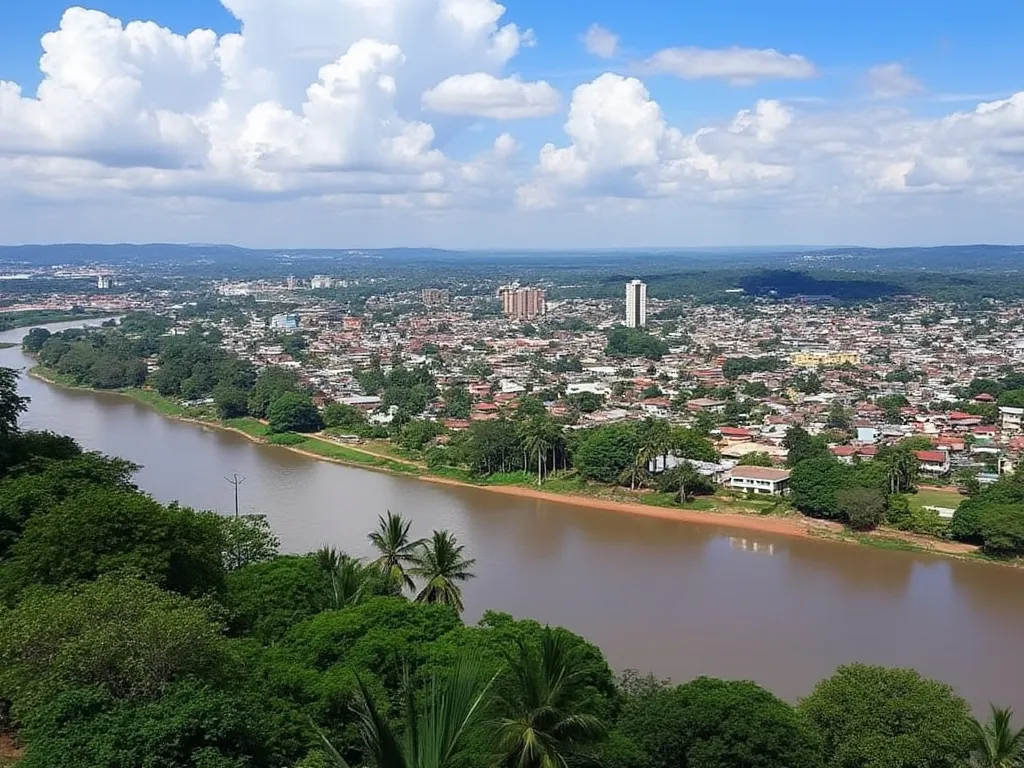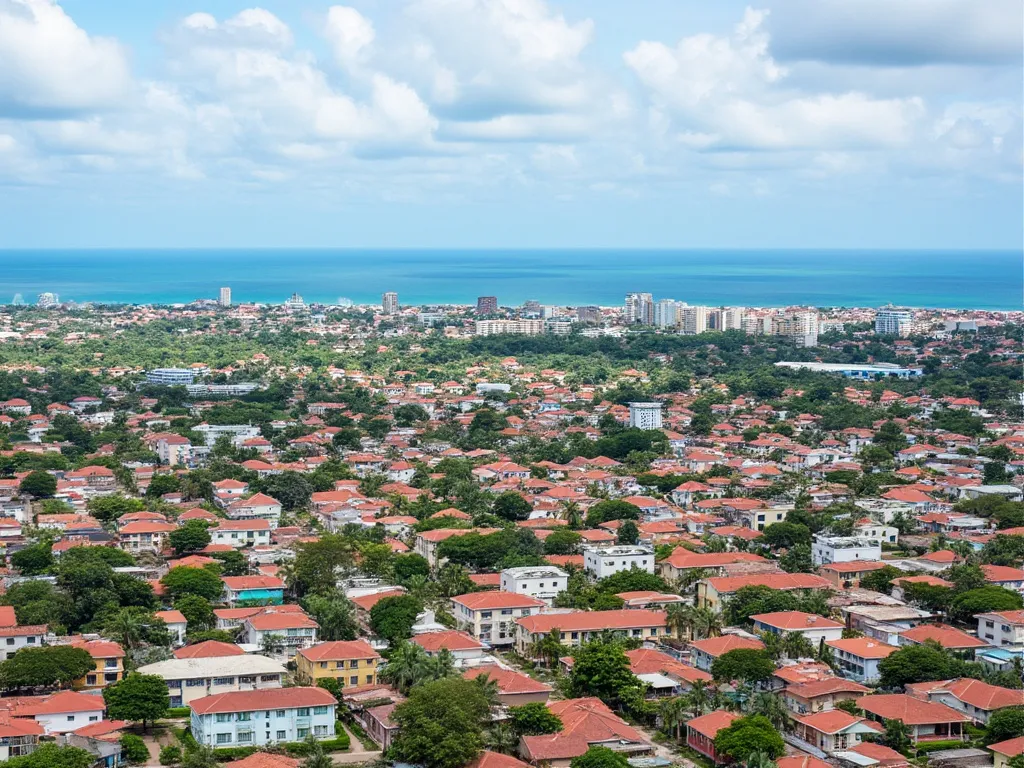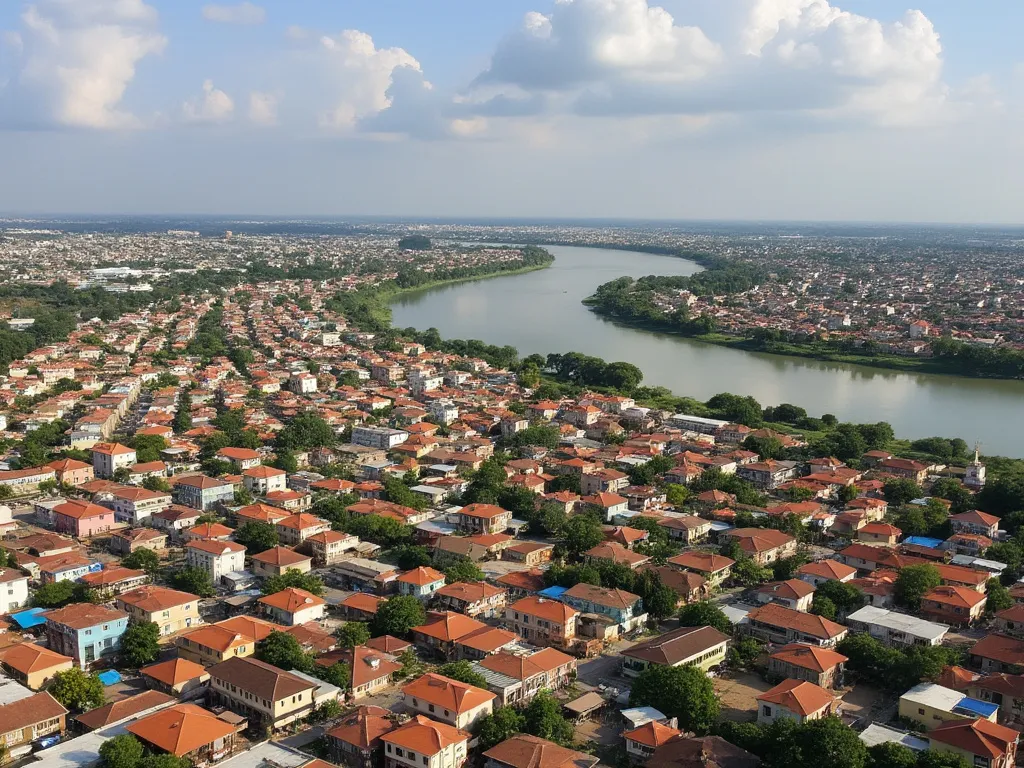
Bangkok, the capital and largest city of Thailand, is a bustling metropolis known for its ornate temples, bustling markets, and vibrant nightlife. With a rich history dating back to the 15th century, Bangkok has evolved into a modern city with a unique blend of traditional and contemporary culture.
Bangkok
| Country | 🇹🇭 Thailand |
| Population | 8,305,218 (2020 estimate) |
| Coordinates | 13.75°N 100.5°E |
| Area | 1,568.7 km² (605.7 sq mi) |
| Climate | Tropical savanna climate (Köppen climate classification Aw) |
| Language | Thai (official), English (widely spoken) |
| Currency | Thai baht (THB) |
| Time zone | UTC+7 (ICT) |
| Proximity to other major cities | Chiang Mai (685 km/426 mi), Phuket (675 km/420 mi), Kuala Lumpur (765 km/475 mi) |
Historical Background of Bangkok
Bangkok was founded in 1782 by King Rama I, who established the Chakri dynasty that still rules Thailand today. The city was originally a small trading post on the west bank of the Chao Phraya River, but it quickly grew into a major commercial center. In the 19th century, Bangkok became a modern city with the introduction of Western-style architecture, transportation, and education.
Geographical Location of Bangkok
Bangkok is located in the central plains of Thailand, on the east bank of the Chao Phraya River. The city is situated in a low-lying deltaic plain, with an average elevation of 1.5 meters (4.9 ft) above sea level. The city's geography is characterized by canals, rivers, and wetlands, which have played a significant role in its development.
Cultural Significance of Bangkok
Bangkok is a city of great cultural significance, with a rich heritage of art, architecture, and traditions. The city is home to many iconic landmarks, including the Grand Palace, Wat Phra Kaew, and Wat Arun. Bangkok is also known for its vibrant festivals, including the Songkran water festival and the Loy Krathong lantern festival.
Economic Importance of Bangkok
Bangkok is the economic hub of Thailand, with a GDP of over $150 billion. The city is a major center for finance, commerce, and industry, with a diverse range of sectors, including textiles, electronics, and tourism. Bangkok is also a major transportation hub, with two international airports and a comprehensive network of roads, railways, and waterways.
Interesting Facts About Bangkok
- Bangkok is home to the world's longest name, with the full ceremonial name of the city being "Krung Thep Mahanakhon Amon Rattanakosin Mahinthara Yuthaya Mahadilok Phop Noppharat Ratchathani Burirom Udomratchaniwet Mahasathan Amon Piman Awatan Sathit Sakkathattiya Witsanukam Prasit."
- The city has over 400 temples, with the most famous being the Temple of the Emerald Buddha.
- Bangkok is home to the world's largest water fight, with the Songkran water festival attracting millions of participants each year.
Tourist Attractions in Bangkok
- The Grand Palace: a must-visit attraction in Bangkok, with its stunning architecture and rich history.
- Wat Phra Kaew: home to the famous Emerald Buddha, a highly revered Buddha image in Thailand.
- Wat Arun: a beautiful temple located on the west bank of the Chao Phraya River, known for its stunning architecture and beautiful views.
- Chatuchak Weekend Market: one of the largest markets in Asia, with over 15,000 stalls selling everything from clothing to home goods.
Conclusion on Bangkok
In conclusion, Bangkok is a city that offers something for everyone, from its rich history and culture to its modern amenities and attractions. Whether you're interested in exploring the city's many temples and museums or experiencing its vibrant nightlife, Bangkok is a city that is sure to leave a lasting impression.
 Bangui
Bangui
 Banjul
Banjul
 Bamako
Bamako
 Bandar Seri Begawan
Bandar Seri Begawan